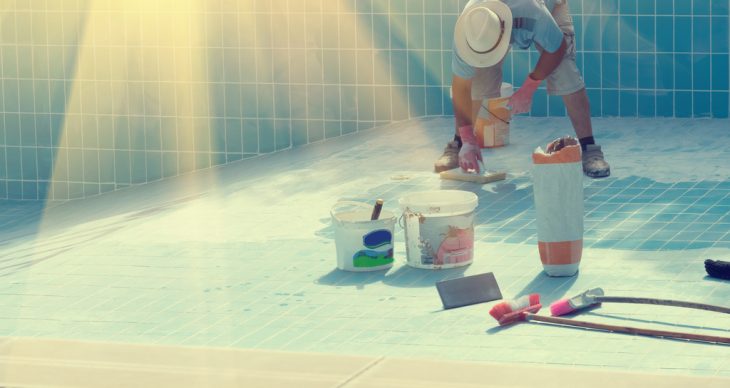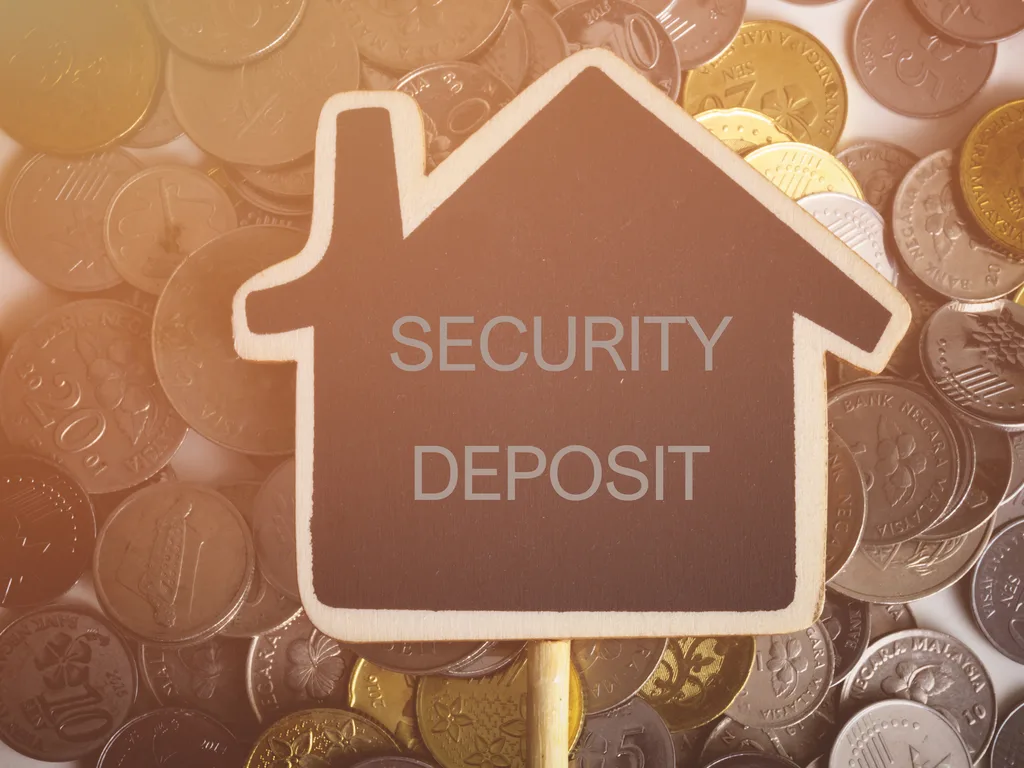According to a 2019 RedFin report, adding a pool to a home can add between $11,000 and just over $52,000 in value. However, this ROI can depend on where you live. For instance, a pool can add up to $95,000 in value in Los Angeles but just $11,590 in Phoenix.
There are many other important considerations to think about before diving in. And everyone’s answer to the question, “Is getting a pool worth it?,” are different. Use these questions to determine if this addition is right for you:
How often will you use it? You need to determine if the investment is going to be worth it based on how likely you and your family is going to use it. You can determine this based on whether you want the pool inside or outside. Your ability to use an outdoor pool is impacted by the weather on a given day as well as your region’s climate. So, if you live in a climate that has actual weather changes and seasons, you’re likely going to use your pool less often. However, if you live in a moderate climate with more sunny and warm days, then you may be able to use your pool multiple times per week throughout the entire year.
How are you going to use it? How often you’re going to use it and for what purposes can also determine the type of pool you get. For instance, you might get a lap pool to exercise in or for your future Olympic swimmers to practice in, and you might get a recreational pool for casual swimming. Think about how your household will use the pool to determine if it’s necessary to get that giant lap pool with lanes if your kids are just going to doggie paddle and float around. Picking the right kind of pool can also ensure you’re paying the right amount for the recreation you want.
How big is your pool going to be? You should also consider how much space you have to put in a pool and whether that space logically makes sense to put a pool in. This could impact the size of the pool and the type you can put in, which may or may not fit your vision or be worth it for your family. It could also impact the flow of your outdoor recreation space or the flow of your house (if you choose an indoor pool).
Is your property already fit for pool installation? Your property may have features that prevent you from getting the size pool you want or getting a pool at all. We’ve already addressed the concern of yard size, but you also need to account for unforeseen elements, like plumbing and septic lines, unstable ground and naturally running water underground.
These elements can add to the cost of putting in the pool because they likely need to be dealt with before any installation can take place. In addition, if your property is on a hill or slopes, additional materials and labor may be needed to level out the area or safely construct the pool itself. Be prepared for an original estimate to change if the installation company comes across any of these issues.
Are you selling soon or keeping the house for a while? We’ve already talked about how a pool can provide a decent return on investment in some regions and for certain properties. But you may also want to consider if getting a pool makes sense for how long you’ll be staying at this home. If you plan to sell soon, it may not be in your best interest. However, the opposite could be the case if adding the pool could boost your home’s value so you get your ROI when you sell. And if you’re planning on adding a pool to your forever home, you can focus more on how much personal value your family will get from it.




